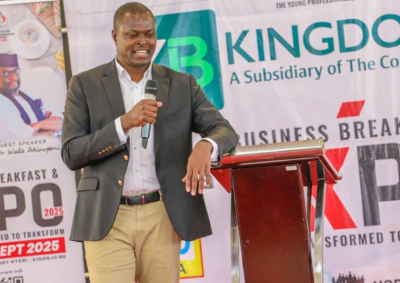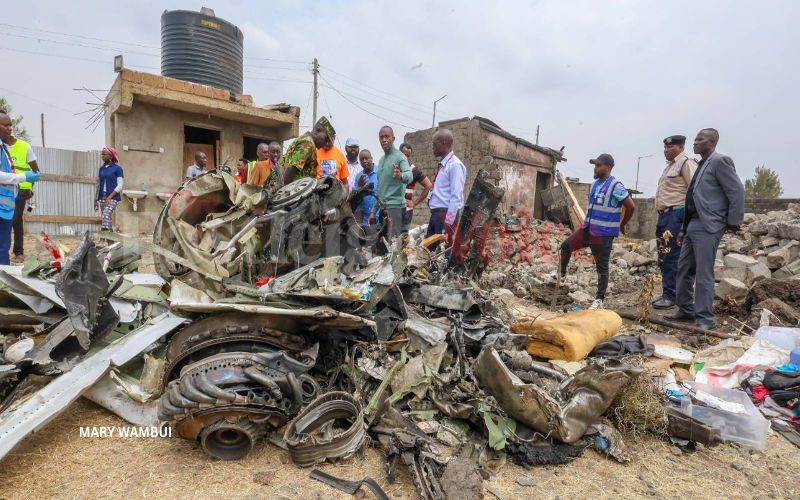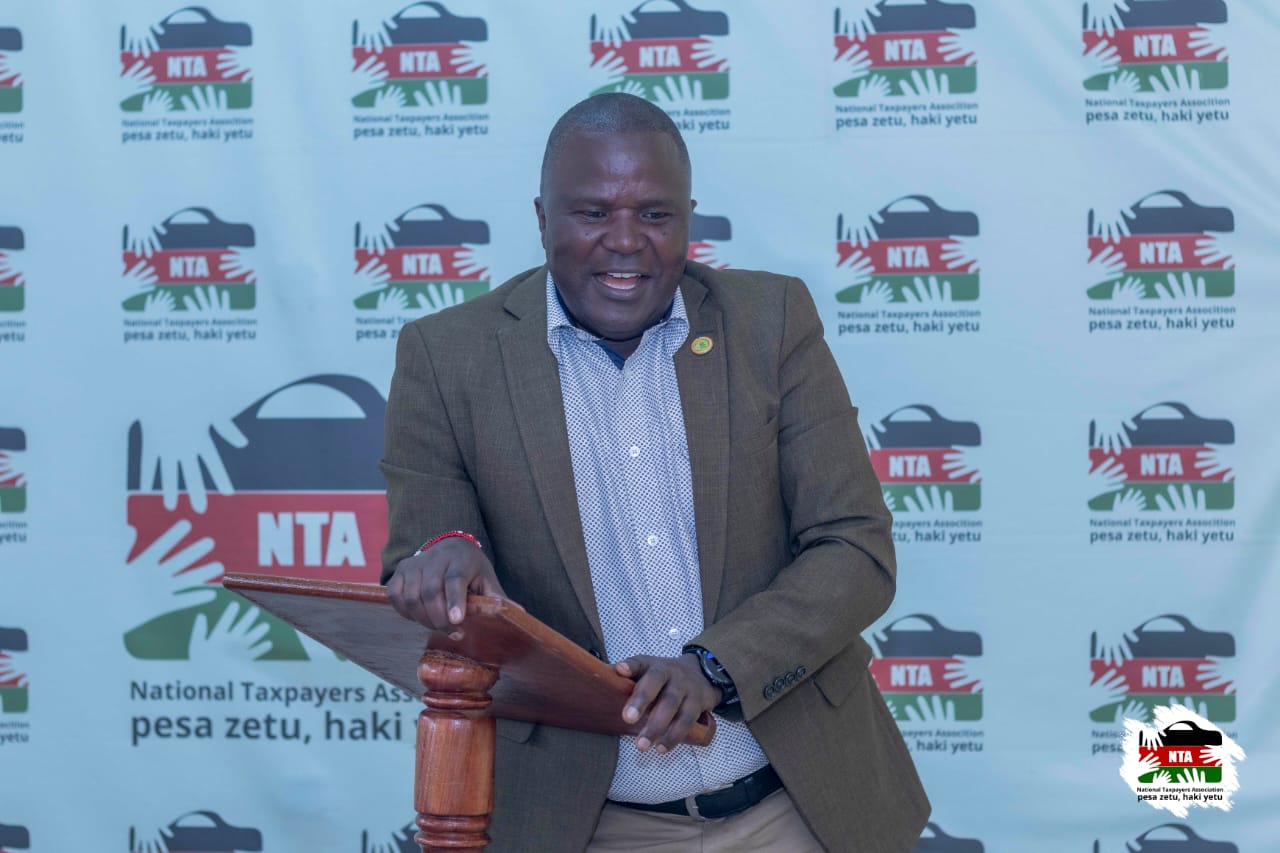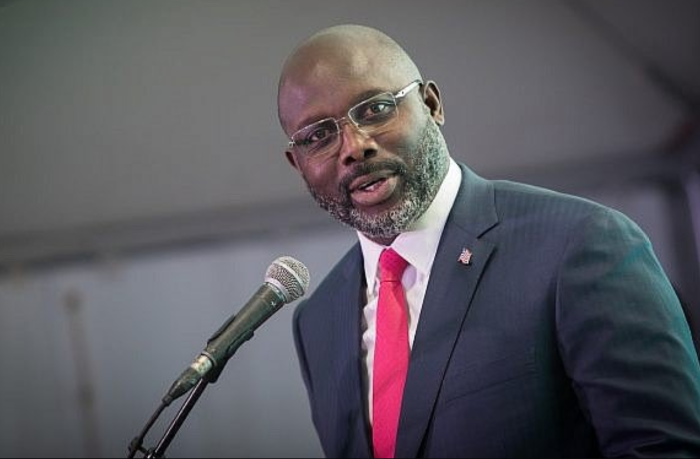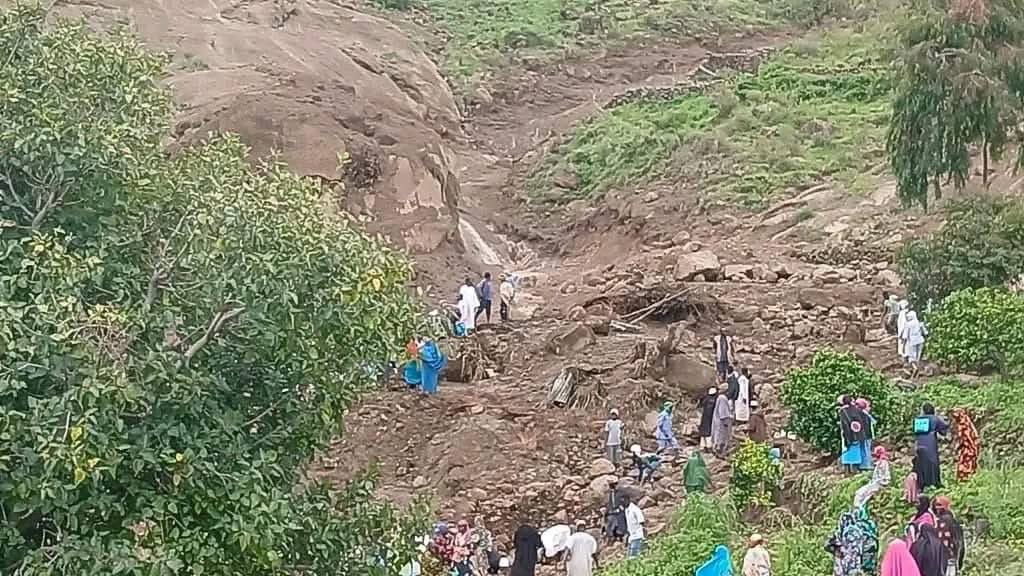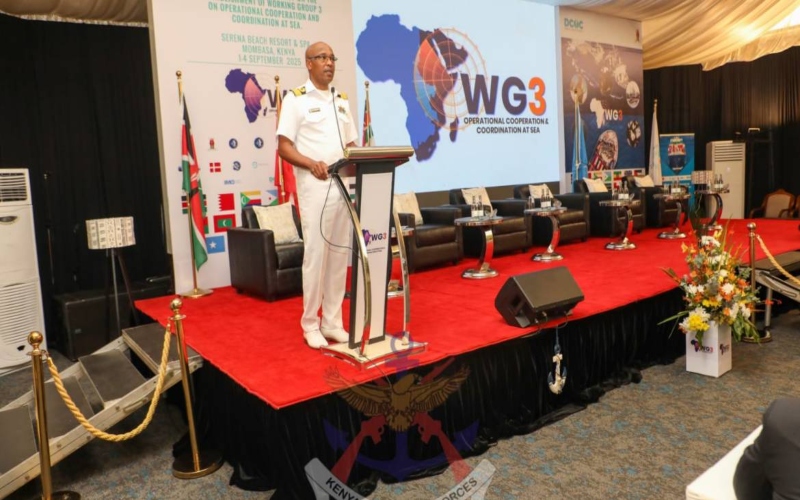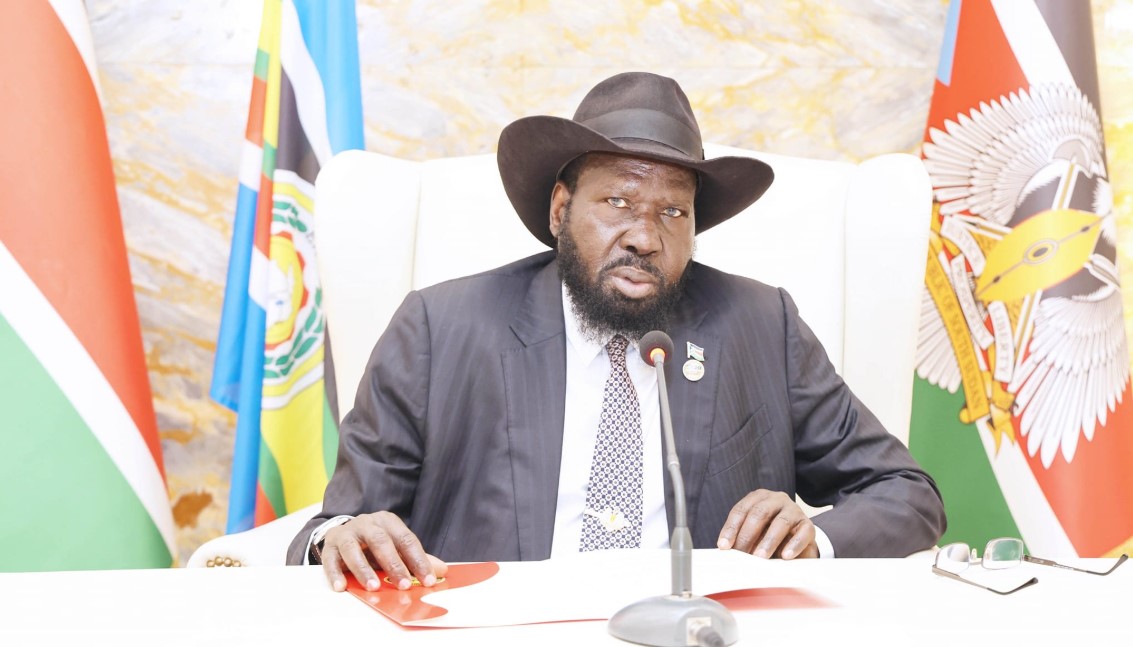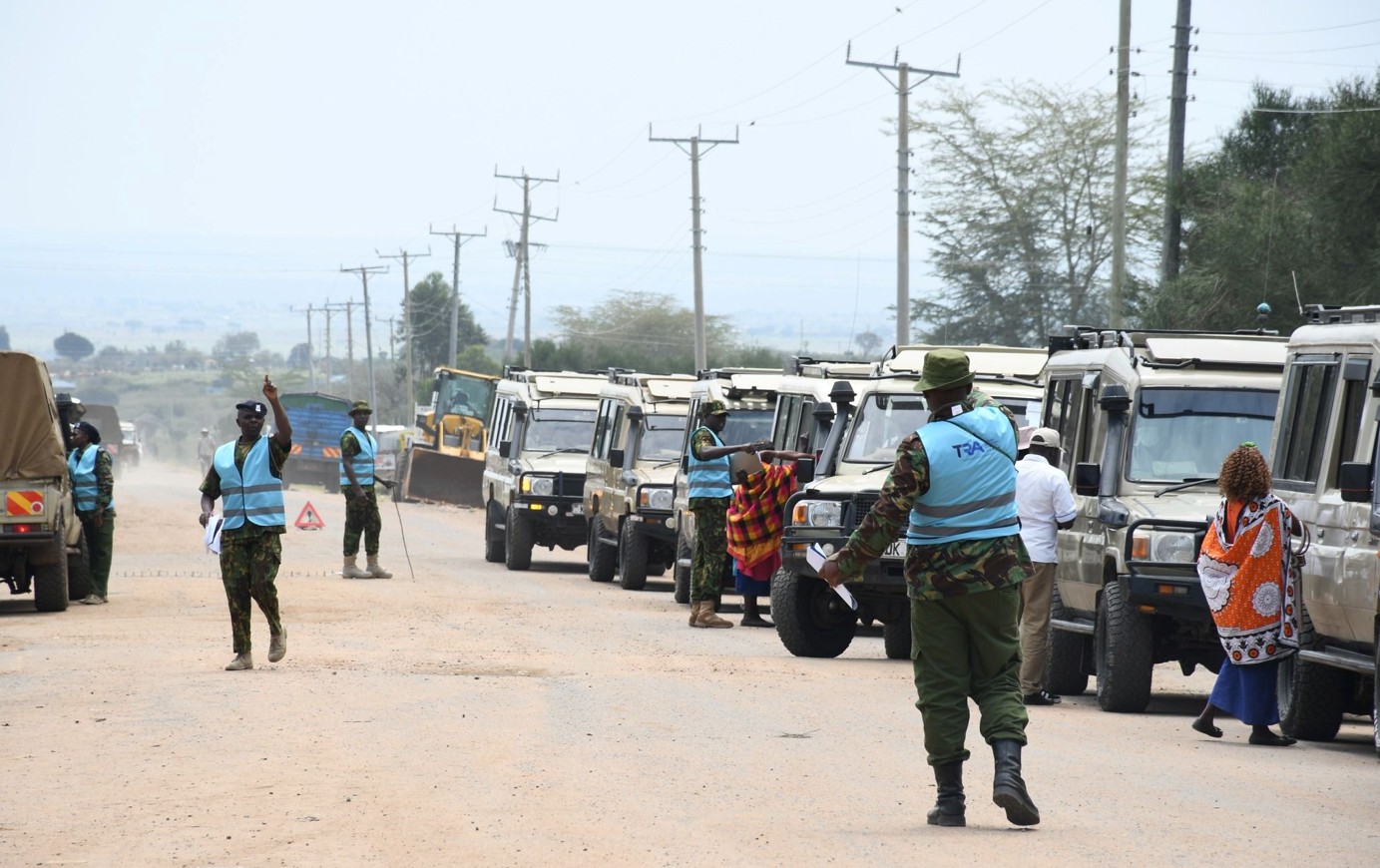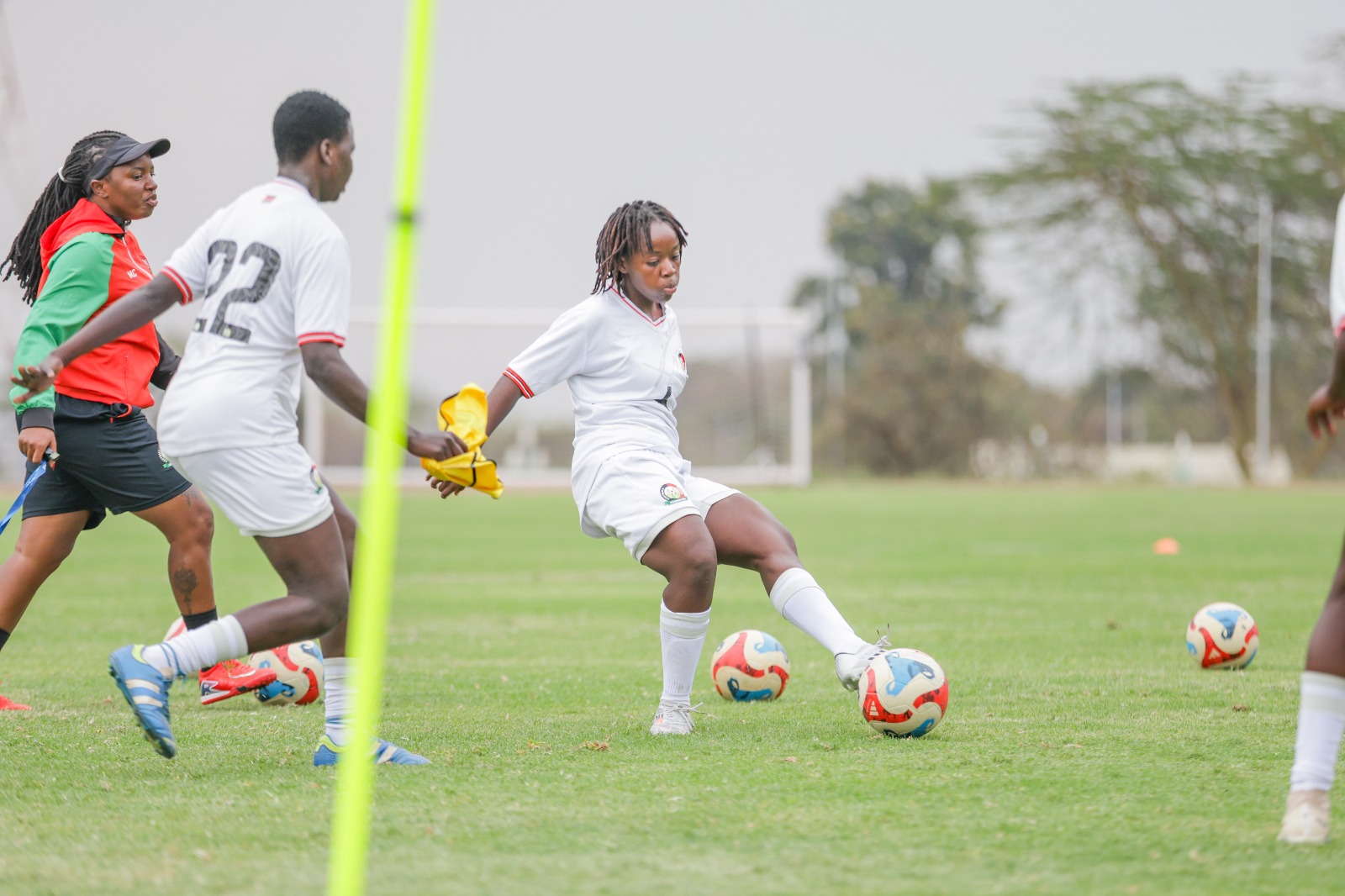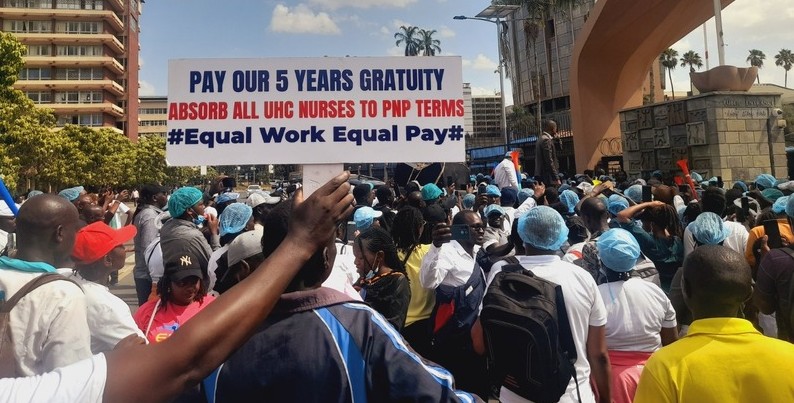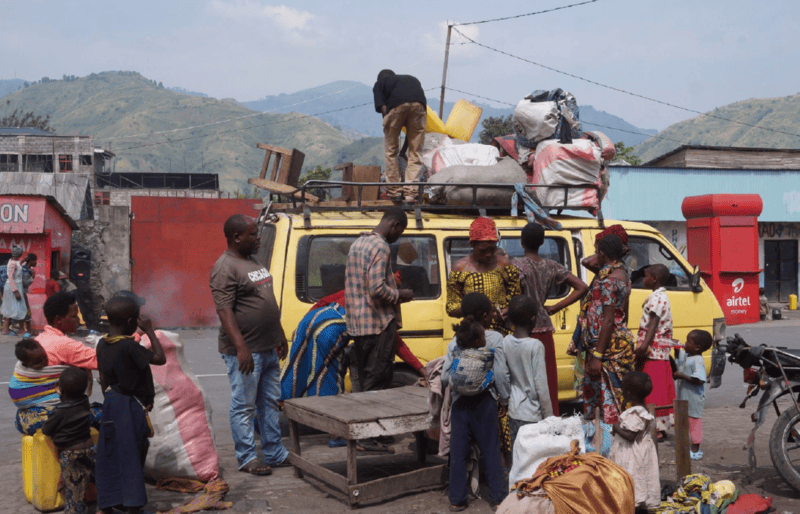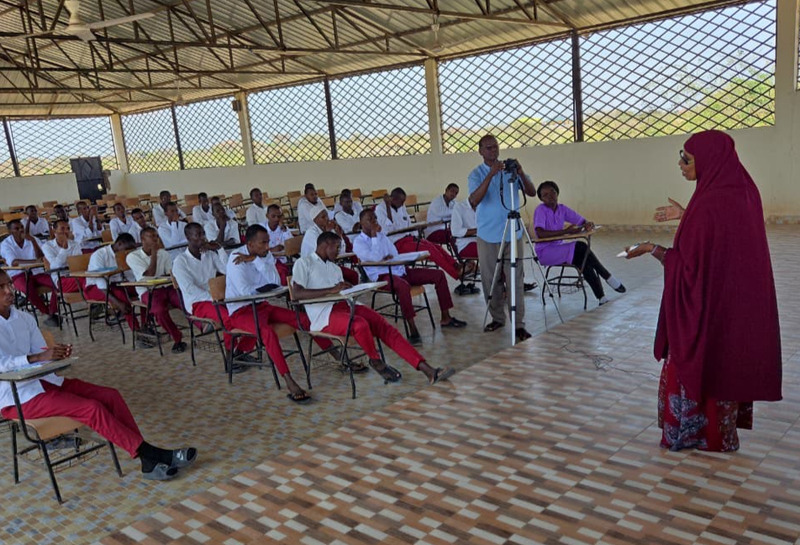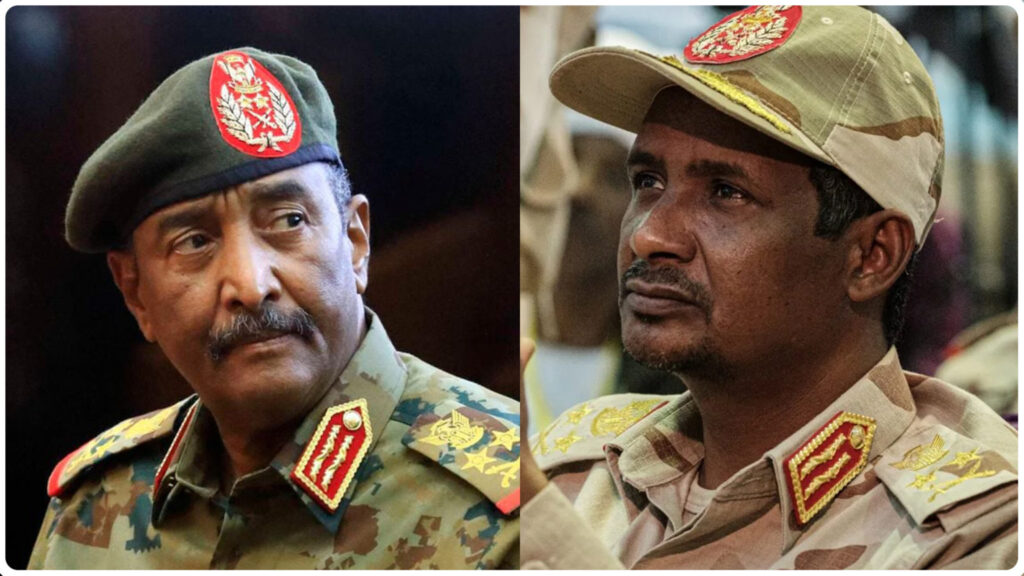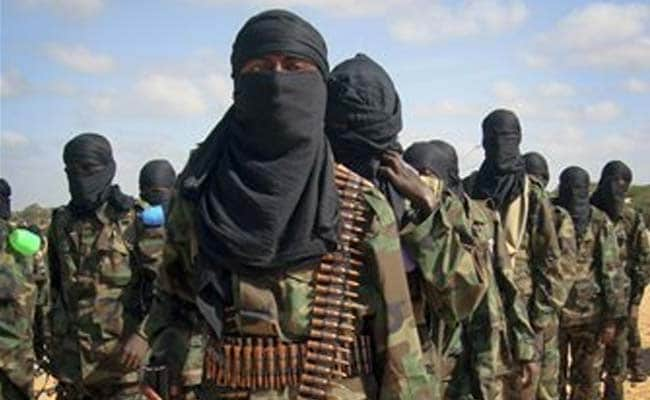US General Langley: Kenya’s non-NATO ally status remains unchanged
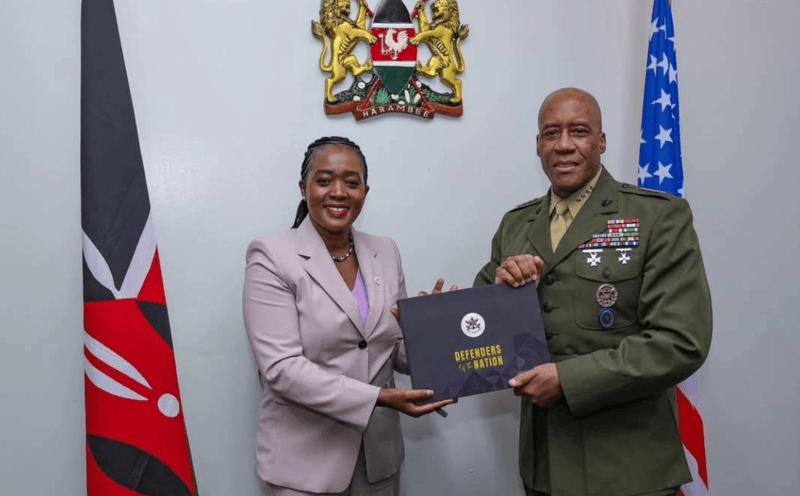
Langley, who is in the country for this year’s African Chiefs of Defence Forces (CHOD) conference, set to begin on Wednesday, said the two nations continue to collaborate, particularly in counter-terrorism efforts in Somalia.
General Michael Langley, the Head of the United States Africa Command (AFRICOM), has dismissed claims that Kenya’s status as a major non-NATO ally of the United States has changed.
Speaking to journalists in Nairobi, Langley, who is in the country for this year’s African Chiefs of Defence Forces (CHOD) conference, set to begin on Wednesday, said the two nations continue to collaborate, particularly in counter-terrorism efforts in Somalia. He reaffirmed that despite calls by the US Senate Foreign Relations Committee for a review of bilateral relations, there had been no change.
More To Read
- AFRICOM says Al-Shabaab mortar fire on Kismayo base caused no damage
- AFRICOM Commander Dagvin Anderson begins East Africa tour in Somalia
- 11 Al-Shabaab militants, including senior leader, killed in airstrike
- Change of guard at AFRICOM as General Anderson assumes command
- US support for counter-terrorism efforts in Somalia to continue, but in new format- AFRICOM
- Kenya's Non-NATO status at risk as US Congress probes Ruto administration over extrajudicial killings, Sudan's RSF links
“Kenya is a great partner for the US. You know, when President Ruto visited the US last year, we reaffirmed that partnership. The ongoing operations at my level in Somalia with Kenyan forces further demonstrate that we are moving forward together. The fact remains that Kenya is a major non-NATO ally,” he said.
At least 42 military heads from across Africa are expected to attend the conference, which will be officially opened by President Ruto.
“We chose Kenya as the host because of its capability, leadership, professionalism, and ability to export security across the region,” Langley noted.
The meeting aims to establish a collective position on security-related issues, challenges, and opportunities facing the continent.
“From this, we can develop recommendations that will enable us, while respecting civilian governance, to provide the best military advice to address the identified issues,” he added.
Langley also dismissed speculation that AFRICOM is seeking to expand its presence in the region with a permanent base in Kenya.
“Jointly, the two countries are expanding a runway at Manda Bay, and that’s the extent of it. That will enhance Kenya’s capabilities and serve us as well — but not to the scale that has been speculated,” he clarified.
On the situation in Somalia, Langley said previous efforts had helped stabilise the country by 2022 at the height of counter-terrorism operations. However, he emphasised that responsibility for sustaining peace now rests with the Somali federal government.
“In 2022, the Somali National Army, with the support of contributing countries including Kenya, Ethiopia, and Uganda, cleared Central Somalia; the Hirshabelle, Galmudug, and Hiran regions. That allowed the government to move into a stabilisation phase, providing essential civil services and re-engaging clan leadership,” he explained.
“That model has proven effective in counter-terrorism. Now, it is the responsibility of the federal government of Somalia to lead those efforts. There remains a shared burden with allies and partners, especially under the African Union Support and Stabilisation Mission in Somalia (AUSSOM) framework.”
When asked about the impact of the Trump administration’s shift in foreign policy, which led to a reduction in aid and a greater emphasis on burden sharing, Langley said AFRICOM is evaluating what has worked over the years.
“We’ve been very focused on assessing and reporting to our command authorities what remains necessary, what can be shared with partners, and what can be adjusted. It’s about creating a collaborative mechanism to achieve peace and security. Some responsibilities will still lie with us, but African countries will increasingly lead,” he said.
Langley also addressed his recent comments during a US Senate Armed Services Committee hearing, where he accused Burkina Faso’s President, Captain Ibrahim Traoré, of misusing the country’s gold reserves for personal security rather than national benefit. He clarified that his remarks were made in a military-to-military context and were directly related to the ongoing terrorism crisis in Burkina Faso.
“My statement was intended to highlight the need for greater resource allocation to tackle terrorism. My remarks reflected concerns about military resource management and the insufficient external support being provided to counter-terrorism operations. That was military advice given to a military audience,” he said.
“However, I respect Burkina Faso’s sovereignty. Every nation has the right to make independent decisions about its security and choice of partners. That said, the US remains open to further collaboration with Burkina Faso.”
Regarding the situation in eastern Democratic Republic of Congo (DRC), Langley clarified that AFRICOM is not directly involved.
“We’re simply observing. The engagement in that matter is being handled by the US State Department. As for military activity, no — AFRICOM is not on the ground there,” he stated.
Top Stories Today

